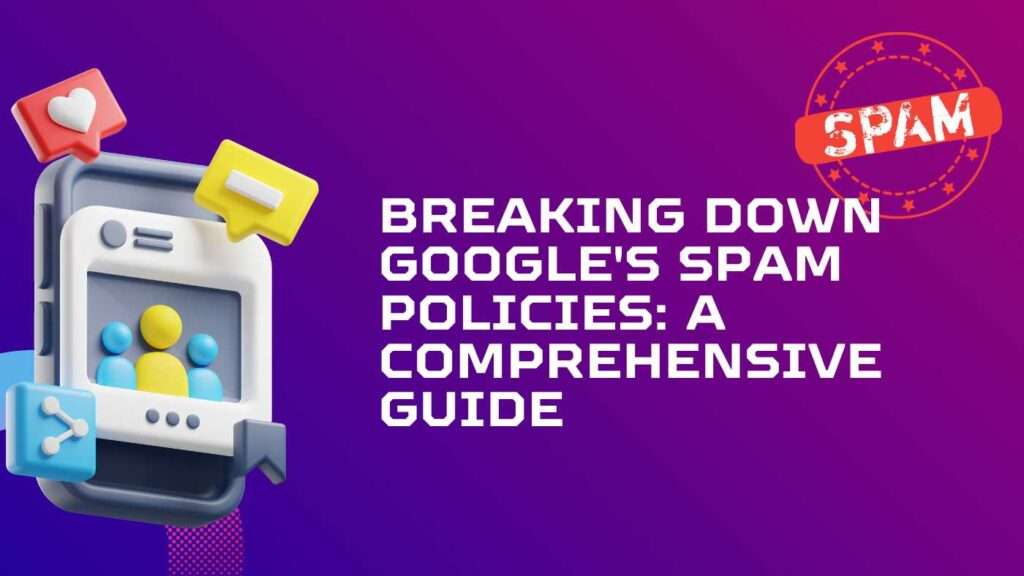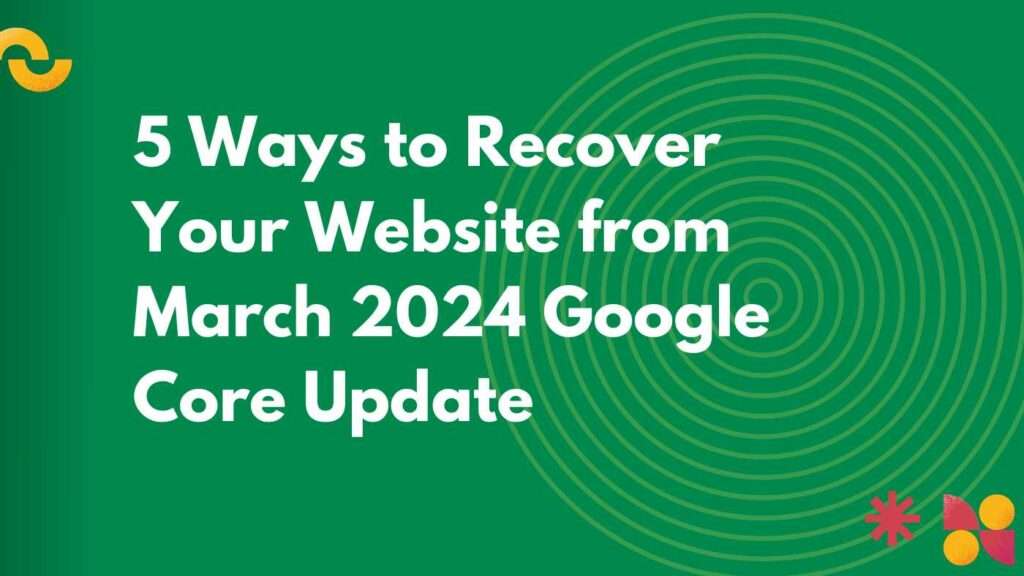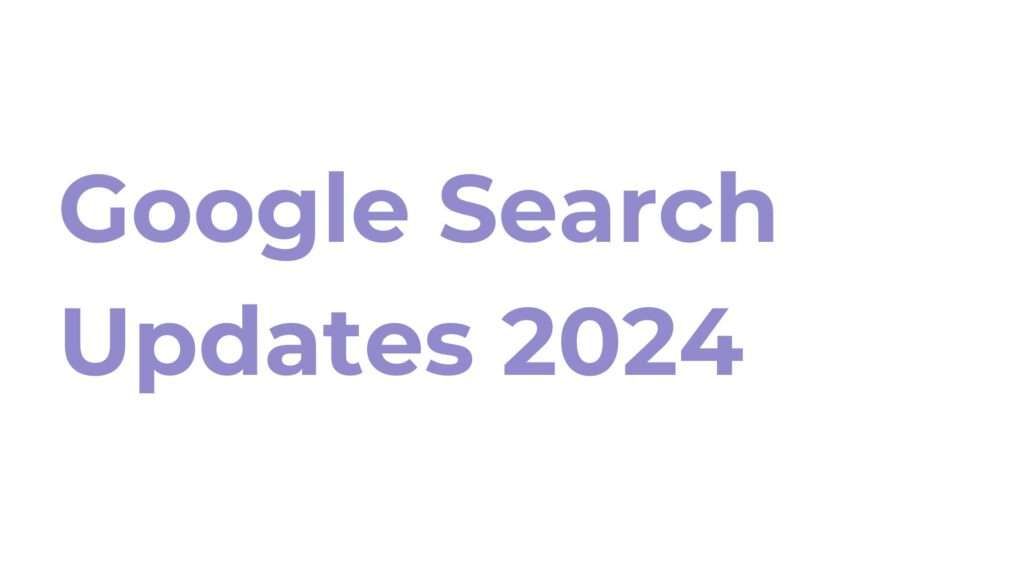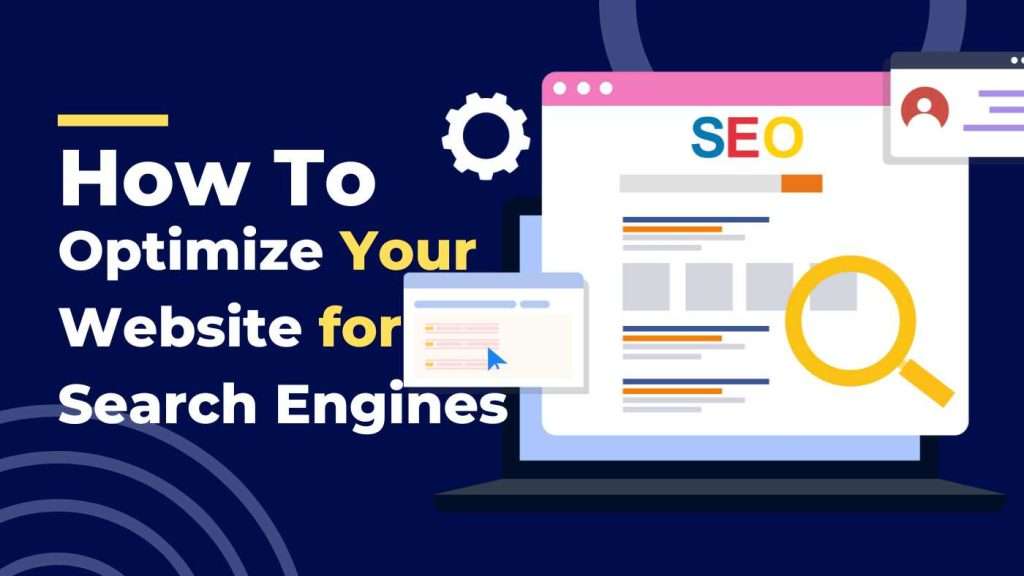Introduction
Imagine walking down a bustling marketplace. Stalls overflow with dazzling products, but only a few catch your eye. What makes them stand out?
Often, it’s the captivating signs, the ones that whisper promises and pique your curiosity. In the online world, your website titles play that same role. They’re the vibrant banners vying for attention in the crowded search engine results pages (SERPs). Optimize them well, and you’ll attract clicks like a magnet. Fumble, and your precious content vanishes into the digital abyss.
1. Understand the Importance of Keywords
Keywords are the backbone of SEO. Your website title should include relevant keywords that align with your content and target audience’s search queries. By conducting keyword research and identifying the terms your potential visitors use, you can strategically include them in your titles.
Find the Right Keywords
- Utilize keyword research tools like Google Keyword Planner, SEMrush, or Moz’s Keyword Explorer.
- Target keywords with high search volume and low competition for better results.
- Analyze your competitors’ websites and incorporate the keywords they are ranking for.
2. Keep it Concise and Relevant
A clear and concise website title helps search engines and visitors to understand your content quickly. Your title should reflect the essence of your page without being too lengthy. Don’t fall into the trap of stuffing irrelevant information, as it may confuse both search engines and users.
Tips for Writing Concise Titles
- Limit your titles to 50-60 characters to ensure they are fully displayed in search engine results.
- Place important keywords at the beginning of the title for maximum impact.
- Use power words or action verbs to make your titles more captivating.
3. Optimize for Click Through Rates
A compelling title not only increases your website’s visibility but also entices users to click through to your page. By optimizing your titles for higher click-through rates (CTRs), you can attract more organic traffic and boost your SEO rankings.
Techniques for Increasing CTRs
- Incorporate numbers or statistics in your titles to grab attention (e.g., “7 Proven Strategies to Optimize Website Titles”).
- Pose thought-provoking questions to engage readers and encourage them to seek answers on your website.
- Craft titles that evoke curiosity or highlight a problem-solving approach.
4. Use H1 Tags Effectively
The H1 tag represents the main heading of your webpage. Search engines place a high level of importance on the H1 tag when determining the relevance and content of a page. Optimizing your H1 tags can greatly improve your website’s SEO performance.
Best Practices for H1 Tags
- Ensure each individual page on your website has a unique H1 tag that accurately reflects its content.
- Incorporate relevant keywords naturally within your H1 tag to strengthen its SEO value.
- Keep your H1 tags concise and clear, conveying the main topic of your page effectively.
5. Test and Analyze Your Titles
In the ever-changing landscape of SEO, it’s essential to continuously test and analyze the performance of your website titles. By utilizing analytics tools, you can gain valuable insights into which titles attract the most clicks, engagement, and ultimately, conversions.
Title Testing Strategies
- A/B test different variations of your titles to determine the most effective ones.
- Monitor click-through rates and user behavior metrics to evaluate the success of your titles.
- Regularly analyze your competitors’ titles and adapt your strategy to stay ahead.
Importance of title optimization and some question
What are some effective ways to understand your audience’s intent and craft titles that speak directly to their needs and desires?
Yes, keywords are important, but remember, they’re tools, not the be-all and end-all. Instead of keyword stuffing, focus on understanding your audience’s intent. What are they searching for? What problems are they trying to solve? Craft titles that speak directly to their needs and desires. Think of it like writing a headline for a newspaper article – it needs to be catchy and informative, enticing readers to delve deeper.
Example:
Instead of: “Buy the Best Blender Online!”
Try: “Upgrade Your Smoothies: Top 5 Blenders for Every Budget.”
The second title tells a story, piques curiosity, and uses relevant keywords naturally.
What is the ideal length for a title that search engines can fully understand and users can easily grasp the essence of?
Your titles shouldn’t be too short or too long. Aim for 50-60 characters, the sweet spot where search engines can fully understand your content and users can easily grasp the essence. Think of it as a concise elevator pitch for your page.
Example:
Instead of: “The Ultimate Guide to Everything You Ever Wanted to Know About SEO”
Try: “SEO Hacks for Beginners: Master the Essentials in 5 Steps.”
This title is clear, keyword-rich, and fits perfectly within the ideal length.
How can you check the length of you optimize titles?
You can use a title length checker tool to check the length of your titles. Here are some tools that you can use:
- ToTheWeb: This tool allows you to test your page title and meta description length. It also provides a preview of how your title and description will appear in search results. Keep your title tags under 60 characters for better visibility in SERPs.
- Contenttool.io: This tool allows you to check the length of your page’s title and meta description by simply entering the page URL and clicking the ‘Generate Preview’ button. The preview result will be displayed in a box below.
- EZlocal Local: This tool allows you to paste your title tag and check the length of your character string. Best practices for title tag length say that your title should be no more than 60-80 characters.
- TextFixer: This tool provides a simple way to check the length of your page title and meta description. The short answer is that your page title should be less than 60 letters and your meta description should be less than 160 characters.
Read More : what marketing is and an explanation of types of marketing
How can I incorporate numbers into my titles effectively?
Incorporating numbers into your titles can make them more compelling and help them stand out in search results. Here are some tips for using numbers effectively in your titles:
- Start with a number: Starting your title with a number can grab the reader’s attention and make your content more memorable. For example, “5 Ways to Optimize Titles for Your Website and Boost SEO” is more eye-catching than “Optimizing Titles for Your Website.”
- Use specific numbers: Using specific numbers in your titles can make them more credible and trustworthy. For example, “7 Tips for Writing Better Blog Posts” is more specific than “Tips for Writing Better Blog Posts.”
- Use odd numbers: Odd numbers are more memorable than even numbers, so consider using them in your titles. For example, “7 Tips for Writing Better Blog Posts” is more memorable than “6 Tips for Writing Better Blog Posts.”
- Use numbers in lists: If your content is structured as a list, consider using numbers in your title to reflect that. For example, “10 Best Books of 2023” is more effective than “The Best Books of 2023.”
By incorporating numbers into your titles in these ways, you can make your content more compelling and improve its visibility in search results.
What is keyword stuffing and how can you avoid it while incorporating relevant keywords into your titles?
Keyword stuffing is the practice of overloading content with keywords to manipulate search engine rankings. This practice is considered spammy and can result in penalties from search engines. Instead of keyword stuffing, focus on incorporating relevant keywords into your titles naturally.
Here are some tips to help you avoid keyword stuffing:
- Identify relevant keywords: Identify relevant keywords for your content and aim to include them naturally in your titles. Use tools like Google Keyword Planner to find relevant keywords for your content.
- Density: Maintain a keyword density of around 2%: Maintain a keyword density of around 2%, ensuring that your titles flow naturally and remain reader friendly. For instance, if your target keyword is “best budget smartphones,” consider a title like “Top 5 Best Budget Smartphones Under $300.”
- Focus on user intent: Instead of focusing solely on keywords, focus on understanding your audience’s intent. What are they searching for? What problems are they trying to solve? Craft titles that speak directly to their needs and desires.
- Use power words and numbers: Harness the psychological impact of power words and numerical figures to make your titles more compelling. Power words evoke emotions and curiosity, prompting users to take action. Examples of power words include “ultimate,” “exclusive,” “essential,” and “proven.” These words create a sense of value and importance, encouraging users to click on your link. In addition to power words, incorporating numbers into your titles can significantly boost their appeal. Users are naturally drawn to lists and specific quantities.
Conclusion
Optimizing your website titles is a powerful way to enhance your SEO rankings and attract more visitors. By understanding the importance of keywords, keeping your titles concise and relevant, optimizing for click-through rates, effectively using H1 tags, and continuously testing and analyzing your titles, you can drive more organic traffic to your website. Implement these strategies and watch your website soar to new heights in search engine results.
Remember, a well-optimized title can be the key that unlocks success for your website. Start revamping your titles today and reap the benefits of improved SEO rankings and increased visibility.





